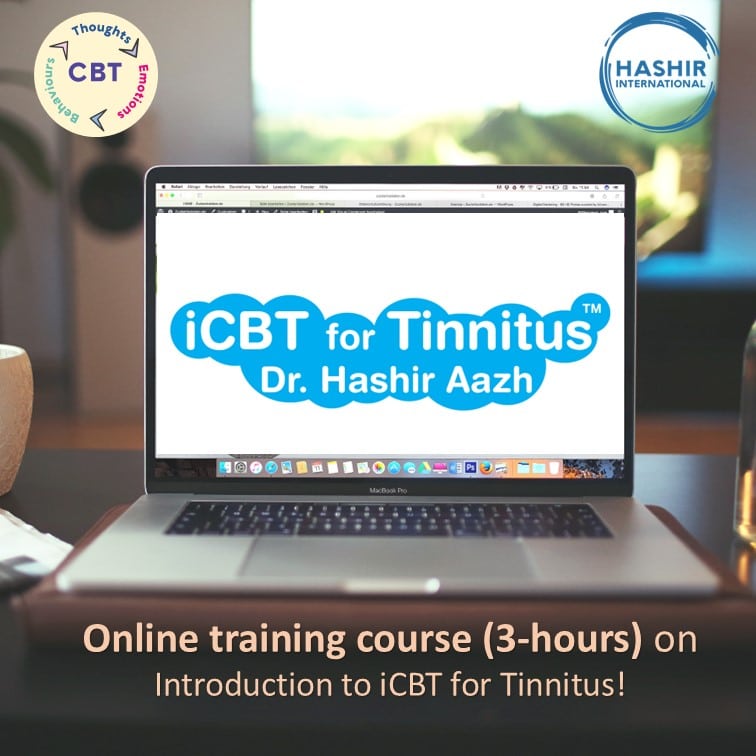
Internet-based CBT (iCBT) training is now included as part of Stage 1 of the CBT-Hear training programme. Participants can complete this stage either online or through face-to-face teaching. For further details, please visit the CBT-Hear website: https://cbthear.com/.